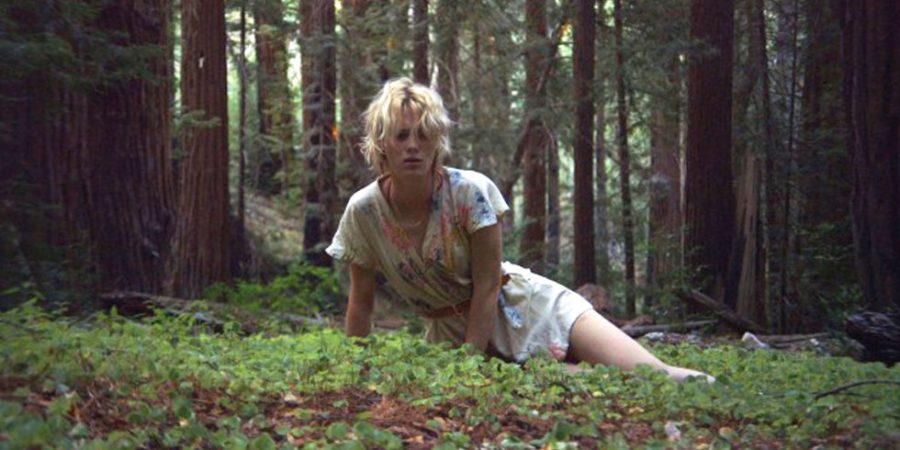As part of Dead By Dawn Festival
Here we have the first unadulterated success of the new films showing at the Dead By Dawn. Always Shine is a beautifully assured head-scratcher that looks at how a toxic Hollywood, symptomatic of a misogynistic society, impacts on the relationship between two aspiring actresses. It’s graced by a pair of standout performances, and has the confidence and panache to not only invite comparisons to such masterpieces as Bergman’s Persona and Lynch’s Mulholland Drive, but to withstand such scrutiny favourably.
Beth (Caitlin Fitzgerald), and Anna (Mackenzie Davis) head out to a cabin located in the woods in Big Sur, California; away from the predatory lights of LA and the environment that has soured their relationship. Beth is a steadily jobbing actress, albeit in a series of shows and pictures that habitually require the frequent shedding of her garments. Anna is fierce and headstrong, but the integrity to which she clings appears to be harming her career.
Takal opens the film boldly, with a monologue from each actress. How these play out is an early sign that our expectations are going to be constantly subverted across the brisk running time. There is so much packed into the film that it’s almost dizzying. Takal and writer Lawrence Michael Levine are master manipulators of the audience sympathies, inviting empathy for one character over another, while skilfully laying the ground work to undercut these assumptions later in the film.
The sense of unease that grows steadily in the increasingly fraut interactions between the two former friend is compounded by jagged editing that throws almost subliminal frames of violent struggle into the seemingly more mundane scenes. Distorted conversations imply distorted motives, and invoke the paranoiac air of Francis Ford Copolla’s The Conversation. It feels uncomfortable; almost voyeuristic.
Of the two actresses, Davis has arguably the more difficult role, required to embody aspects of both the confrontational firebrand, and a more demure, coquettish side as the narrative begins to warps and fray. That’s not to imply any criticism at Fitzgerald, whose more necessarily subtle performance slowly reveals depths of passive-aggression as entrenched as an old scar. Those familiar with the films to which Always Shine refers may get a sense of the direction the film is heading, but if remains a beautiful little puzzle that is sure to reward repeat viewings.
It doesn’t quite match the heights of the films to which it aspires. There’s a subplot involving a friendly bartender that feels like an unnecessary drag on the dramatic momentum between the two leads, for example. However, its combination of a low-key approach, canny writing, and those wonderful lead performances is a winning formula. This is indie filmmaking at its finest.


Comments